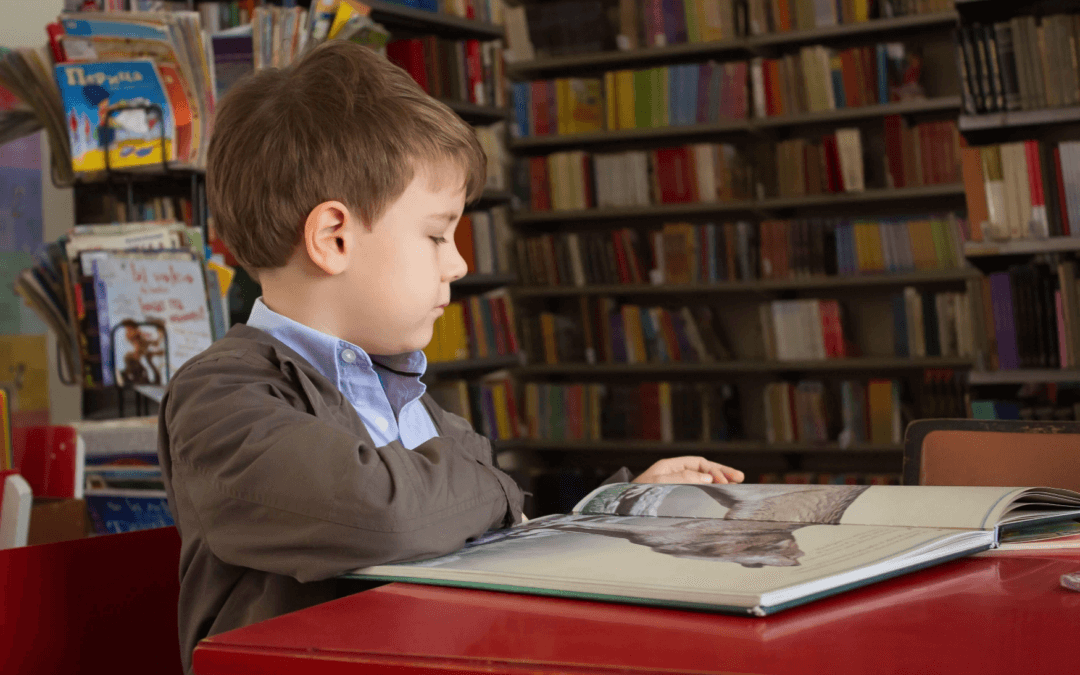My oldest friend recently came to stay, and we all enjoyed a wholesome weekend of country walks, chats, lots of food, and playing games with the children. Relishing her role as Godmother, my friend was excited to introduce my daughter to the joys of cats cradle, a game we spent many happy hours playing together in primary school. I was delighted with myself when, despite having not played for thirty years, it all came flooding back.
Many adults experience the revelation of remembering something from years ago – perhaps when riding a bike for the first time in years or hearing a song from the 80s and knowing the words despite not having heard it in decades. In contrast, many have had the slightly disconcerting feeling of going upstairs to fetch something, and then standing there having completely forgotten what on earth they were fetching. Or, completely losing our train of thought part way through a conversation, not remembering the name of a colleague/street/book/song. As a Psychology graduate I am particularly interested in how the brain works, and how people think and learn.
Memory has a vital role in successful thinking and plays an important role in learning. Working memory refers to the ability to hold in mind information over short periods, like a mental jotting pad to store important information which helps to process thinking. A student writing down something that their teacher is saying relies on working memory to hold the whole sentence in their head whilst dealing with the challenge of spelling the words and punctuating the sentence correctly. Similarly, working memory is also vital to follow and recall a series of instructions, something commonly expected of children within busy classrooms.
Working memory increases with age, and the typical working memory capacity of an adult is more than double of a 4 year old child (although I am convinced my working memory capacity reduced as the number of children I have increased!) In children working memory varies considerably, and in a typical class of 30 children aged 7 – 8, 10% could have the working memory capacity of an 11 year old whilst 10% of those children could having the working memory capacity of a 4 year old.
Children with poor working memory can struggle to engage properly with classroom activities, so can therefore fall behind in their learning. Signs of children who may be struggling with working memory may include:
- Frequently struggling to recall a series of instructions, or remembering only part of the instructions.
- Frequently forgetting all or some of the words in a sentence.
- Frequently skipping or missing letters and words when writing a sentence.
- Commonly inattentive, with a short attention span, and easily distracted.
- Commonly reserved in group activities despite having normal social relationships with peers.
- Struggles with reading and maths.
(Gatherole and Alloway)
As parents, we have all experienced times when our children can seem tuned out, forgetful and unable to recall things in detail. Growth spurts, late nights and particularly busy periods of time can all affect children’s concentration. However, if your child’s level of attention, focus and memory remains a concern and doesn’t seem to improve over the school year (despite a healthy dose of good food and good sleep) it may be worth talking to your child’s teacher. There are strategies and tools that can be used to support children with poor working memory to help them access learning in the classroom.
Student Navigator offers bespoke mentoring support for primary school children to develop positive learning behaviours and attitudes. Sessions are designed around the needs of the child to support them to develop strategies to cope with struggle, manage anxiety and build confidence to tackle challenge. Call us on 07399 779 739 or email us at info@studentnavigator.co.uk to book a place for your child.

